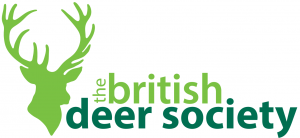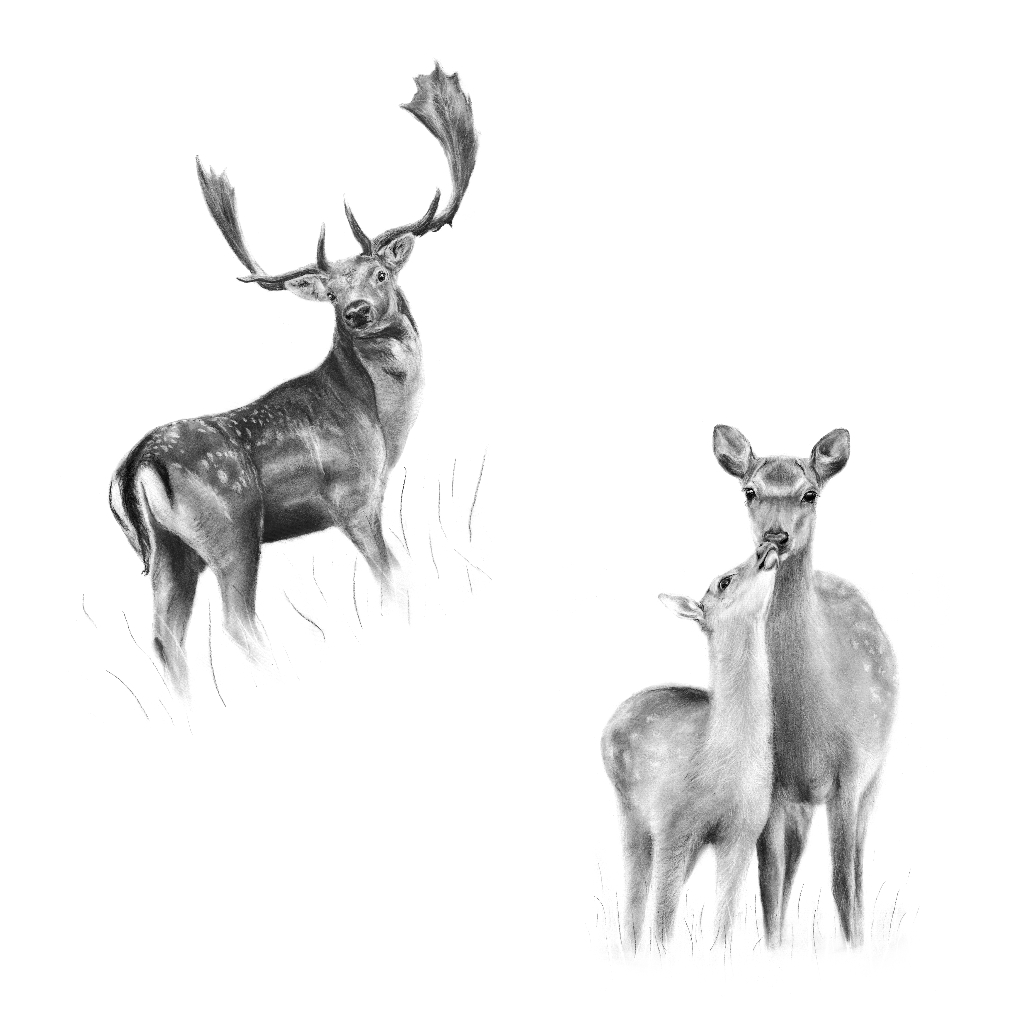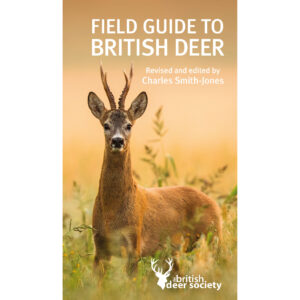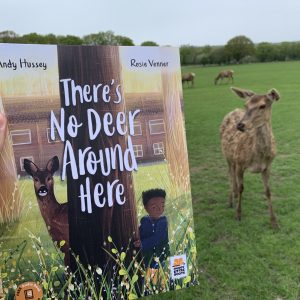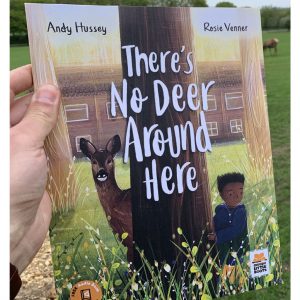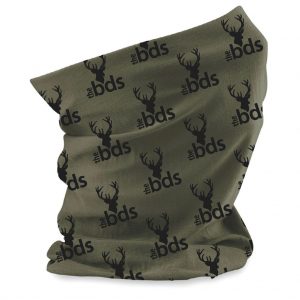Dr Andrew Huberman promotes eating wild venison
Share article:
Article by:
Andrea Barden, Marketing & Fundraising Exec., British Deer Society
Despite its many nutritional and environmental benefits, venison has repeatedly failed to cross the line to becoming a normal part of the average UK weekly shop. When it comes to red meat, beef and lamb are the nation’s go to.
Could this status quo finally be about to change?
RENOWNED NEUROSCIENTIST & SCIENCE PODCASTER SHARES THE BENEFITS OF EATING VENISON TO THE WORLD
The latest episode of the Huberman Lab podcast [1], “How to Increase Your Willpower & Tenacity”, featured sponsor Maui Nui Venison [2], a venison supplier based in Maui, an island in the Hawaiian archipelago.
In the episode Dr. Huberman explains that for optimal nutrition, current science recommends that we need to eat approximately 1g of high-quality protein per pound (0.5kg) of our body weight.
That means if you weigh 70kg (or just over 11stone) you need to aim to eat around 140g of high-quality protein a day.
However, Dr. Huberman continues that it’s also important to be careful when following this advice that you are not inadvertently ingesting excessive calories at the same time as attempting to meet your protein needs.
140g of beef mince will cost you around 240 calories, whilst 140g lamb mince will be around 300 calories.
For those that choose to eat meat as part of their diet, venison offers a solution to this excessive calorie issue.
“It has the highest density of quality protein per calorie, and it achieves that in delicious things, like ground meats, steaks, jerky and bone broth”
Dr. Andrew Huberman, The Huberman Lab Podcast (9th Oct 2023)
Per calorie ingested, venison offers a much higher density of quality protein vs. beef and lamb [3, 4].
140g of venison mince will only cost you around 140 calories. That’s 100 less than beef, and 160 less than lamb.
Dr. Huberman, then goes on to say that he himself particularly likes ground venison, and makes venison burgers, probably five times a week or more.
Which means it’s certainly a big part of his weekly shop!
IS THE OPPORTUNITY FOR VENISON TO MAKE IT’S MOVE FINALLY HERE?
As science continues to shine the light on the major negative impacts that ultra-processed foods have on our health [5] and more people look to switch to natural or less-processed, ethically produced foods which are also locally produced with a lower carbon-footprint and that don’t break the bank, particularly in the current cost-of-living crisis [6], UK venison has the chance to really shine.
Promotion from renowned scientists like Dr Huberman alongside famous Michelin star chefs like Marcus Wareing [7] will certainly help encourage more people to start adding venison to their weekly shop – or at the very least give it a try if they never have before.
There’s still a long way to go through before venison can take on beef and lamb head to head – but the opportunity to do so certainly seems to be building.
THE HUBERMAN LAB PODCAST – JUST HOW POPULAR IS IT?
If you’ve not heard of the Huberman Lab podcast you might be wondering why Dr Huberman promoting venison is such a big deal? Well, the reach and growth of his podcast speaks for itself.
The Huberman Lab podcast was launched in 2021 by Dr Andrew Huberman, a neuroscientist and tenured professor in the department of neurobiology, and by courtesy, psychiatry, and behavioural sciences at Stanford School of Medicine.
Today, just 2 years on, the podcast now boasts 4.12 million subscribers on YouTube, 5 million followers on Instagram, frequently ranks in the top 10 podcasts globally and is regularly the #1 podcast in the categories of Science, Education and Health & Fitness. For anyone interested in learning about science, particularly neuroscience and science-based tools for everyday life, this podcast is arguably essential listening.
Whilst a good majority of the podcast’s audience are based in the US, a hefty number are also based in the UK, with The Times, The Guardian and GQ-magazine all featuring Dr Huberman, or his podcast, this year.
Whilst sponsors of the Huberman Lab podcast, like Maui Nui Venison, certainly seem to be carefully selected to represent the core values of the podcast – except for not being based in the US, there’s no reason that one of our numerous UK venison suppliers couldn’t have met the required ethical and quality standards to feature on the podcast.
For that reason, we encourage such suppliers to follow Maui Nui Venison’s lead – there are a wealth of similar influential, health and science podcasters to approach. It could certainly pay off for both your business and the entire sector.
(Just remember it was the BDS that gave you the push if it does pay off! 😉)
LEARN MORE
Wild venison – a valuable food resource
REFERENCES
- The Huberman Lab Podcast
- Maui Nui Venison and their approach to the management of invasive Axis deer
- Niewiadomska K, Kosicka-Gębska M, Gębski J, Gutkowska K, Jeżewska-Zychowicz M, Sułek M. Game Meat Consumption-Conscious Choice or Just a Game? Foods. 2020 Sep 24;9(10):1357. doi: 10.3390/foods9101357. PMID: 32987949; PMCID: PMC7601238.
- Tomasevic I., Novakovic S., Solowiej B., Zdolec N., Skunca D., Krocko M., Nedomova S., Kolaj R., Aleksiev G., Djekic I. Consumers’ perceptions, attitudes and perceived quality of game meat in ten European countries. Meat Sci. 2018;142:5–13. :10.1016%2Fj.meatsci.2018.03.016
- Kings College London News (June 2023): BBC One: King’s academics highlight impact of ultra-processed food on health.
- Agriculture and Horticulture Development Board (ADHB): The organic market sees a dip in performance in 2022.
- Marcus Wareing’s Tales From A Kitchen Garden, Series 2, Episode 7. BBC2
PLEASE HELP ENSURE VENISON REMAINS AN ETHICAL, SUSTAINABLE MEAT
Humane, evidence-based and adaptive deer management not only helps keep deer populations healthy and their numbers in balance with their surrounding environment, but it also contributes to us successfully creating a more sustainable, carbon-neutral food sector in the UK.
The BDS works to ensure deer welfare comes first in deer management and we do this using education, training, research, advocacy and campaigning. By joining us today you can help us ensure a secure future for deer and protect their welfare.



